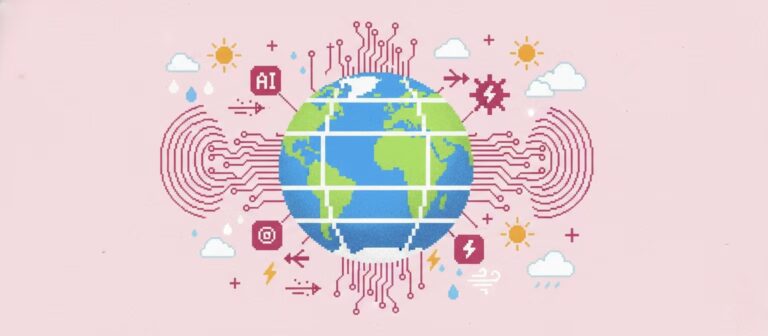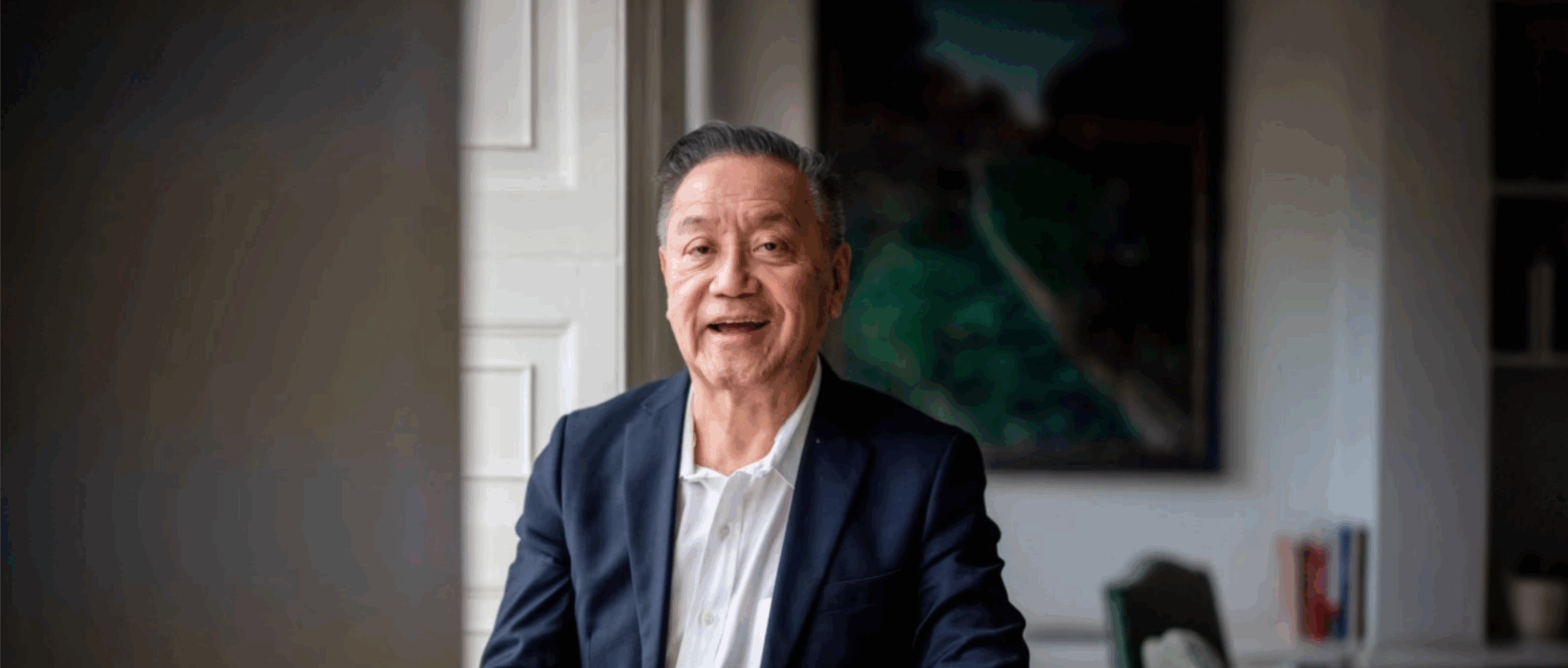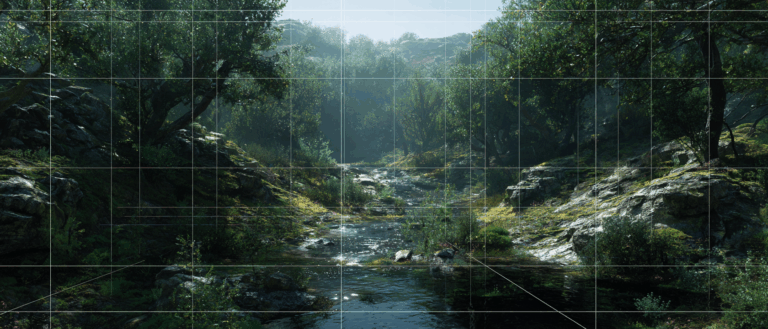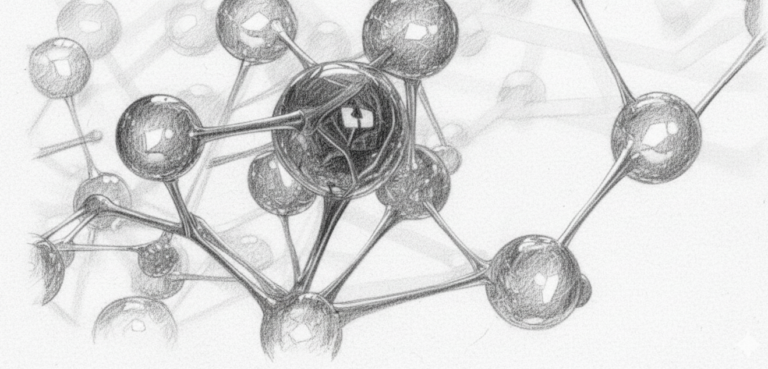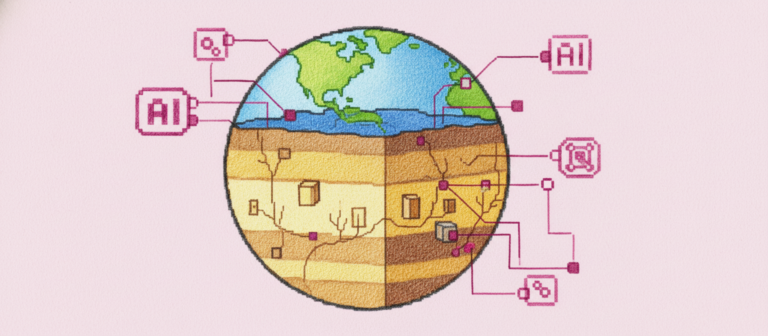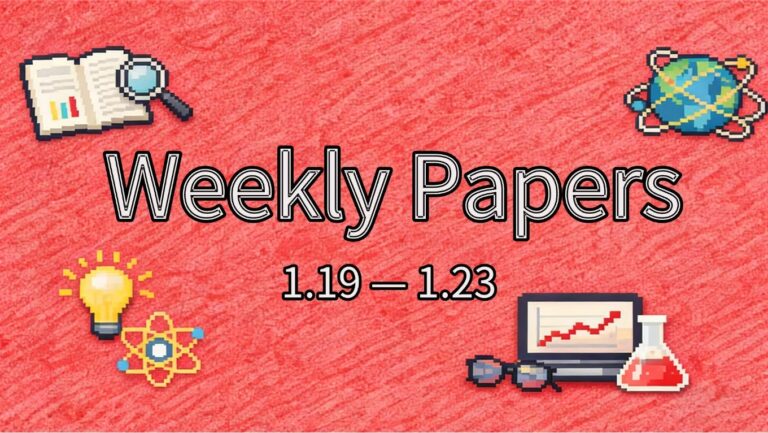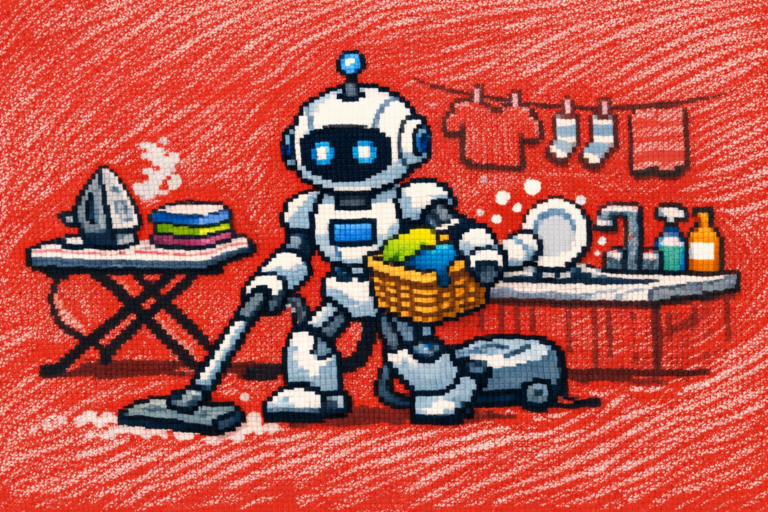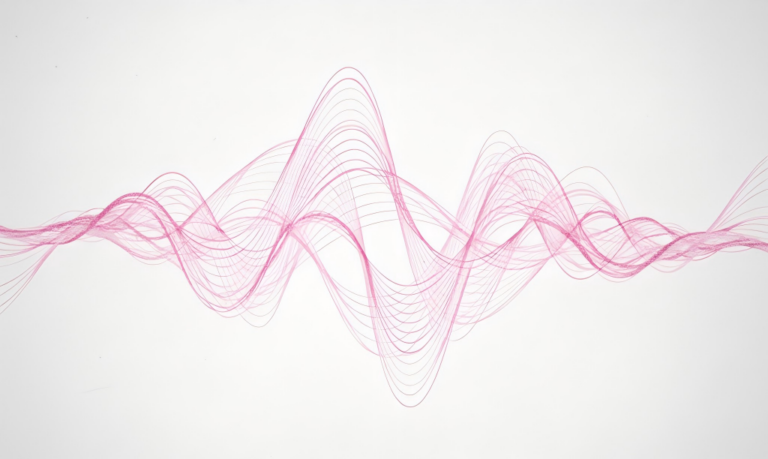Command Palette
Search for a command to run...
Copyright Issues Regarding Artificial Intelligence: Who Gets the Benefits? Who Gets the Responsibility?

Do works created by artificial intelligence have copyright? Who owns the copyright of these works? And who should bear the consequences of artificial intelligence's mistakes? Many issues urgently need to be improved by laws and regulations.
Have you noticed that in recent years,Copyright AwarenessAlready started to awaken.
Nowadays, many works on various music and video platforms require paid membership to listen and watch. Creators have "zero tolerance" for piracy, and the country's laws and regulations in this regard are constantly being strengthened and improved.
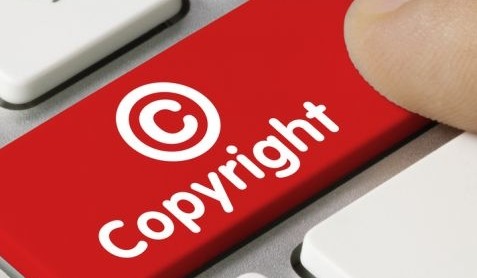
However, with the development of artificial intelligence, some new problems have begun to emerge, such as:Does artificial intelligence that can create works have copyright?
Today,April 26, the 19th World Intellectual Property Day, let us discuss the issue of artificial intelligence and copyright together.
Copyright controversy caused by black holes
Not long ago, the black hole photo triggered a controversy over copyright. As soon as the photo was released, Visual China claimed it as its own and stamped it with a copyright watermark.

The final result is that Visual China apologized, but the black hole photo is a collaborative work that cannot be separated because it is the result of the efforts of several astronomers, software engineers, astronomical telescopes, and computers around the world.Therefore, it is not protected by copyright law, and its copyright is recognized to belong to all mankind.
The copyright controversy over the black hole photo has subsided, but this makes us wonder, for artificial intelligence that can create works independently, to whom should the copyright of their works belong?
Do works created by AI have copyright?
Ever since artificial intelligence began to emerge in the field of cultural creation, the copyright of its works has been controversial. With the development of related technologies, artificial intelligence's independent creative ability has become stronger and stronger.
In 2016, artificial intelligence developed in Japan created the science fiction novel "The Day When a Computer Writes a Novel", which not only fooled all human judges, but also was successfully shortlisted for the Japan Micro Novel Literature Award.
In May 2017, the poetry collection "Sunshine Lost the Glass Window" created by Microsoft's artificial intelligence system "XiaoIce" was officially published.
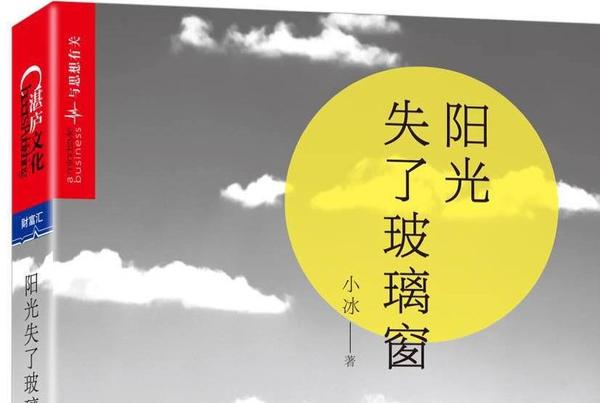
In April 2018, South Korea successfully used artificial intelligence technology to participate in song production for the first time and independently developed the "K-pop AI" that can sing.
Previously, Google's artificial intelligence was able to create paintings, and some of its paintings were even sold at a high price of $8,000.
The day before yesterday, the first book written by artificial intelligence was published, titledLithium-ion batteries:Machine-generated abstracts of cutting-edge research.
There are countless examples of this. Artificial intelligence creation is nothing new. But who owns the copyright to these works?ThatWho should own the royalties, auction fees, etc.?
Some people believe that these worksIt can't be considered a creation, it can only be said to be calculated.In other words, it is imitated and pieced together, so there is no copyright issue;
Another point of view is that artificial intelligence, which uses natural language understanding and generation as its core technology, has the ability to generate language, which gives it originality.Although the work is still far from being a masterpiece, it is also a creation and artificial intelligence should own the copyright.
Global jury still out
In this regard, different countries have different legal provisions and measures.
U.K:As early as 1988, the Copyright, Designs and Patents Act promulgated by the United Kingdom recognized that "computer-generated" works are works without "human authors" and explicitly granted copyright protection to such works.
Europe: In February 2017, the European Parliament advocated granting autonomous robots the legal status of “electronic persons” for copyright protection purposes.
Japan:In 2016, Japan passed an intellectual property promotion plan, the highlight of which was to establish a legal system for the protection of "copyright" for AI-created products. The Japanese government said it would establish a new registration system through this plan to protect the copyright of AI works.
China:my country's Patent Law is also gradually relaxing patent protection for computing "algorithms", but the Patent Examination Guidelines for patent applications for artificial intelligence products still need to be further improved and supplemented.
USA:Under the intellectual property clause in the U.S. Constitution, the framers did not include copyrighted works created by robots in the clause because machines simply do things according to program instructions and do not require any material rewards.
To this day, such discussions have still not reached a conclusion globally.
Who benefits when AI is praised, and who is held responsible when it causes trouble?
As we all know, with the training of technologies such as deep learning and neural networks, artificial intelligence is becoming smarter and may do things that even its "guardians" could not expect.
Take the previous Uber self-driving car accident as an example.
In March 2018, a woman crossing the road was hit and killed by an Uber self-driving SUV. This was the first fatal accident caused by a self-driving car, which caused an uproar at the time.

Finally, after investigation, it was found that the responsibility did not lie with Uber but with the victim himself. Uber was not criminally liable, but the backup driver in the car at the time needed to be further investigated.
In the same year, Tesla's driverless car caused another car accident in which the automatic driving system caused a death. In the end, the traffic police determined that the driver was primarily responsible.
In both accidents, the autonomous driving system was not designated as responsible. However, if one day autonomous driving is completely unmanned and an accident occurs, who will be held responsible?This is a problem that remains unsolved to this day.
Similarly, if works created by AI win awards and are sold, who will be the beneficiaries?
There is still a lot to be done on copyright issues related to artificial intelligence
Faced with the increasing number of AI-generated content and other products, copyright-related issues need to be resolved through clear laws and regulations.
If the content created by artificial intelligence has the appearance of a "work" and thus constitutes a "work" in the sense of copyright law (author's rights law),The copyright system must respond to how to define the ownership of artificial intelligence works.
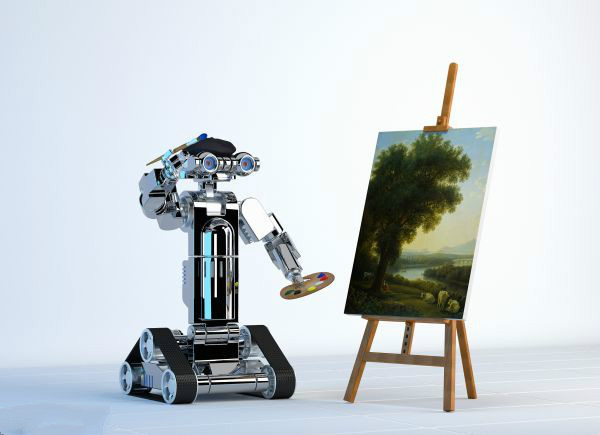
If the ownership of AI works is not clearly defined and they are allowed to become "ownerless works", it will trigger a large number of legal disputes, impact the existing copyright system, and even cause a moral crisis of uncontrollable "piracy".
Since the birth of the copyright system, every major breakthrough in science and technology has been accompanied by profound changes in the copyright industry, and the copyright system has also been adjusted accordingly.
We still have a lot to do in terms of intellectual property protection.There is also a lot to be improved on the issue of intellectual property rights in AI.
